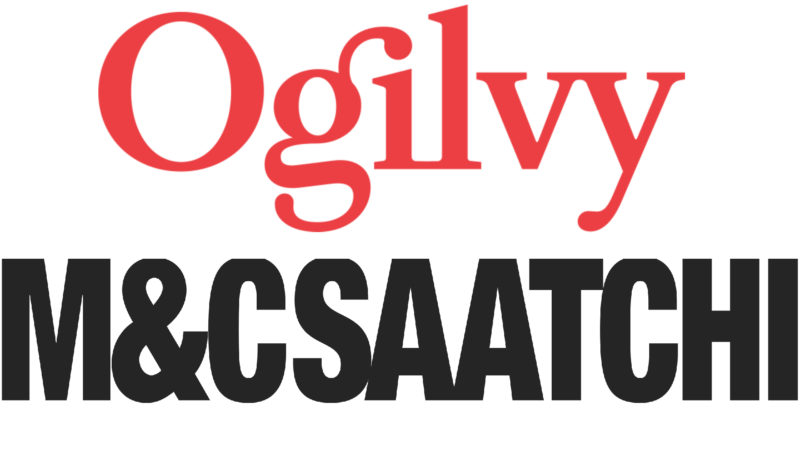Ogilvy and M&C Saatchi make a number of redundancies as 2023 uncertainty and wage over-indexing hits
Ogilvy Australia and M&C Saatchi have both made a round of redundancies, Mumbrella can reveal, with more agencies tipped to follow as client spend pulls back and over-indexing on wages catches up.
It is understood that locally Ogilvy has made between 10-25 roles redundant, however, the agency declined to confirm the exact figure.


